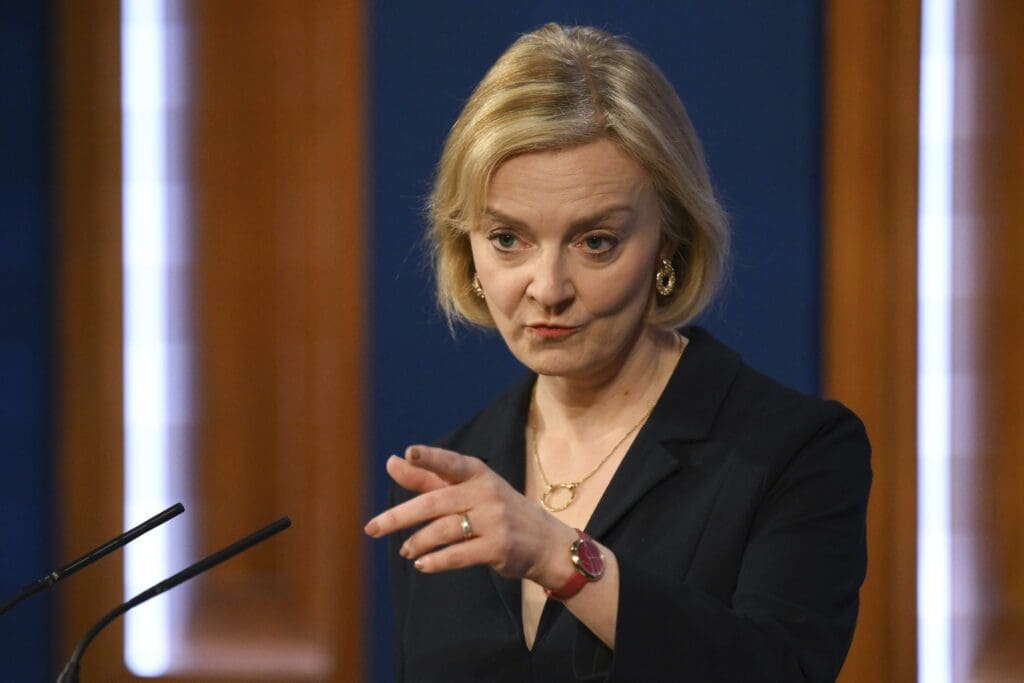




This year presented Europe with an unprecedented challenge regarding its energy security as a result of a substantial curtailment in Russian natural gas exports. As energy independence is literally impossible for the continent, Europe has to make a choice about where its exposures should lie.

Increasing labour productivity is the most important determinant of sustainable, long-term economic growth. More investment, both in human and physical capital and technology, are of paramount importance in order to achieve it.

The right-wing bloc, led by former Prime Minister Benjamin Netanyahu and his national-liberal Likud party, came out as the clear winner of the Israeli election. While Netanyahu’s main religious Zionist allies gained an impressive number of seats, Israel’s ‘old left’ literally shrank to the brink of nonexistence.

Fighting violent crime by expanding gun rights might be an appropriate solution in countries with already elevated crime rates. Extended gun ownership may be particularly effective in reducing the number of homicides.

Making abortion a decisive issue when Republicans lead Democrats only by a thin margin is nothing short of a political gamble. As voters see this year’s midterm elections even more consequential than usual, a higher turnout and potential crossover voting might surprise us all this November.

Although Israel is stronger than ever, the permanent existential threat the Jewish State has had to endure is still present. The stakes are particularly high, both for Israel and its allies in the wider world. Benjamin Netanyahu offers known solutions to current challenges, answers that proved to be right in the past thirteen years. This November might well be the month of the return of Israel’s longest serving prime minister.

The main tenets of Erhard’s programme still apply today. Lax fiscal policy and monetary stimulus do not result in long-term, sustainable economic growth. Prosperity is ultimately a result of increasing productivity. Low taxes, low inflation, monetary rigour and the uninterrupted operation of the free market are essential in order to achieve success.

The issue of fiscal sustainability will determine both the economic and geopolitical future of the Western civilization. The status quo of welfare states might be a huge impediment to that.

Through the adoption of the welfare state, or its more extreme form, the entitlement state, western economies took up huge financial liabilities which might hold serious questions for economic policy in the upcoming decades.